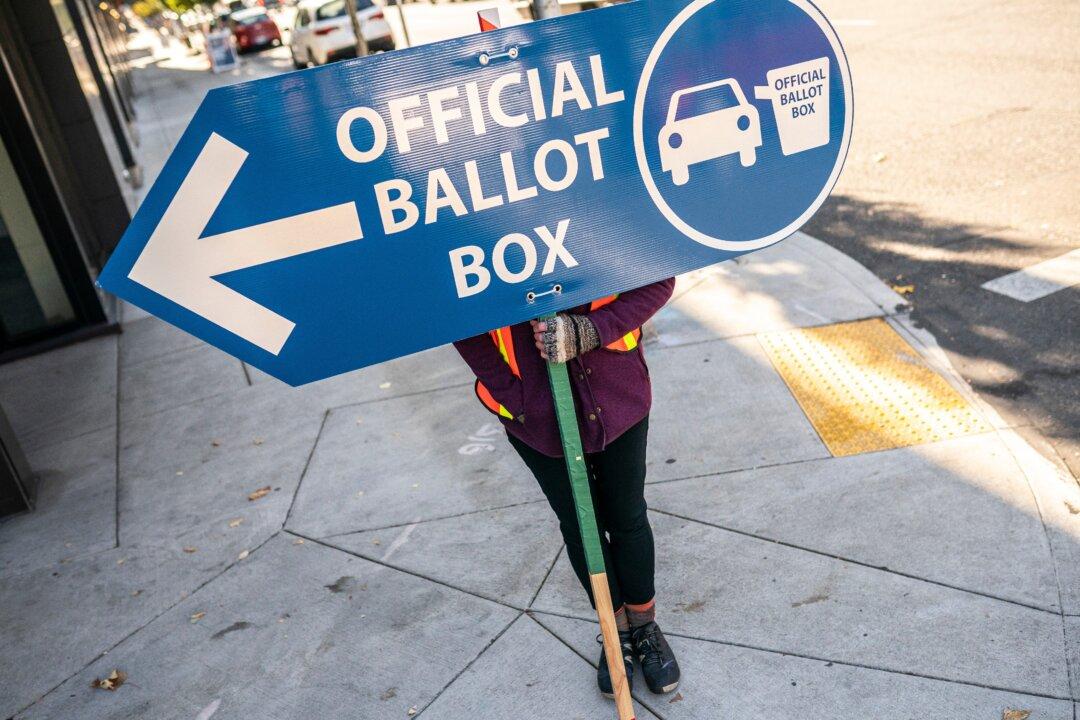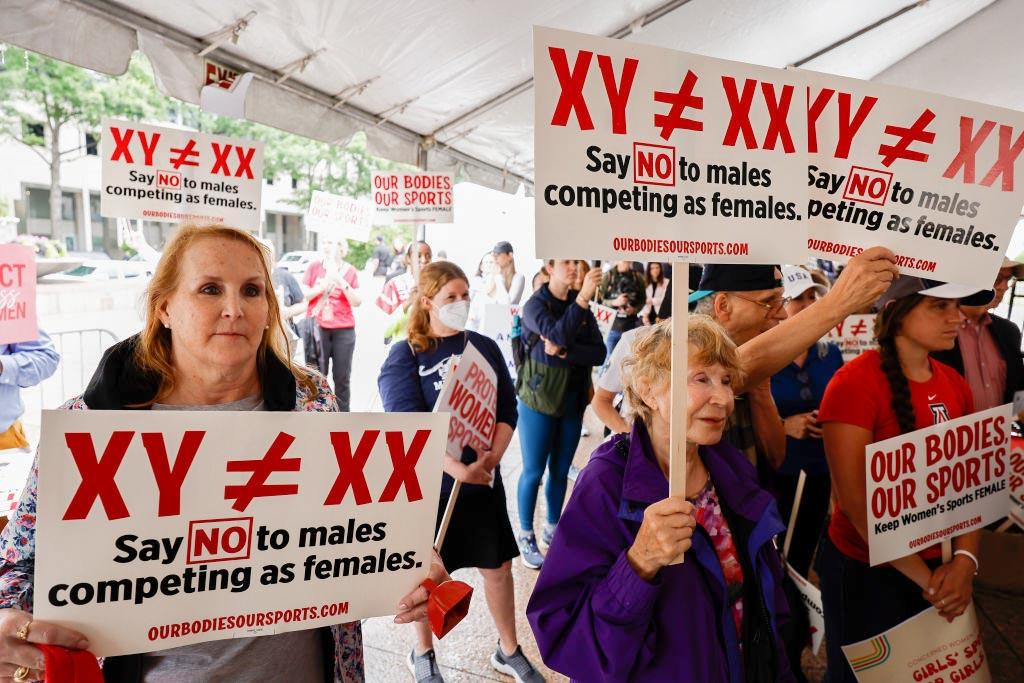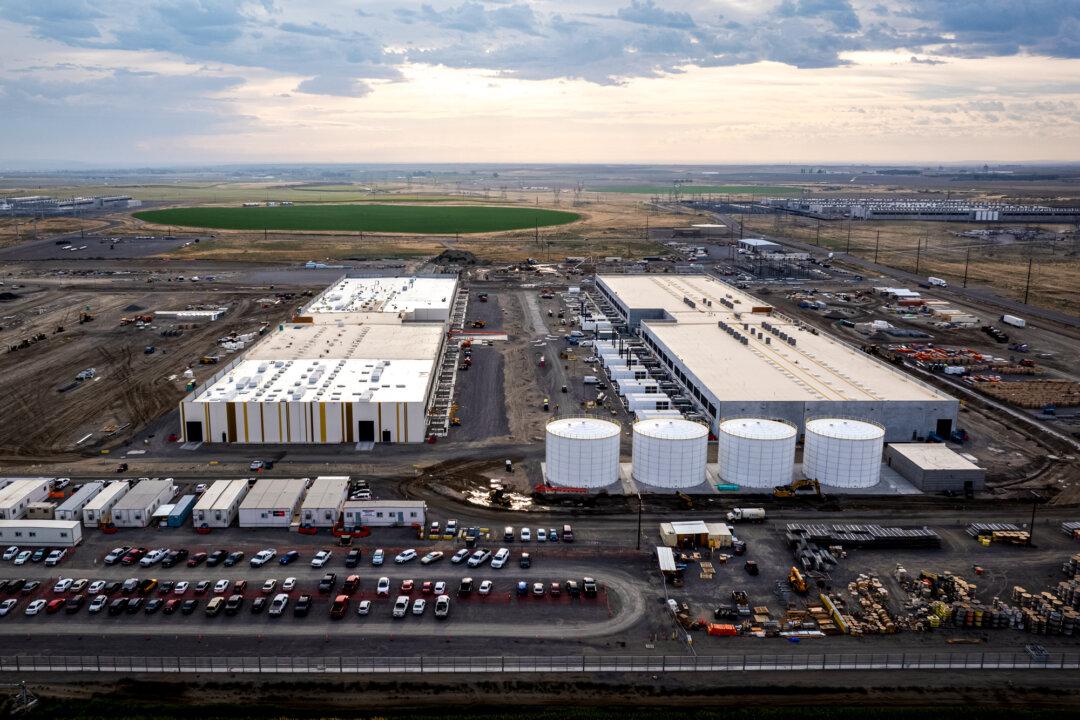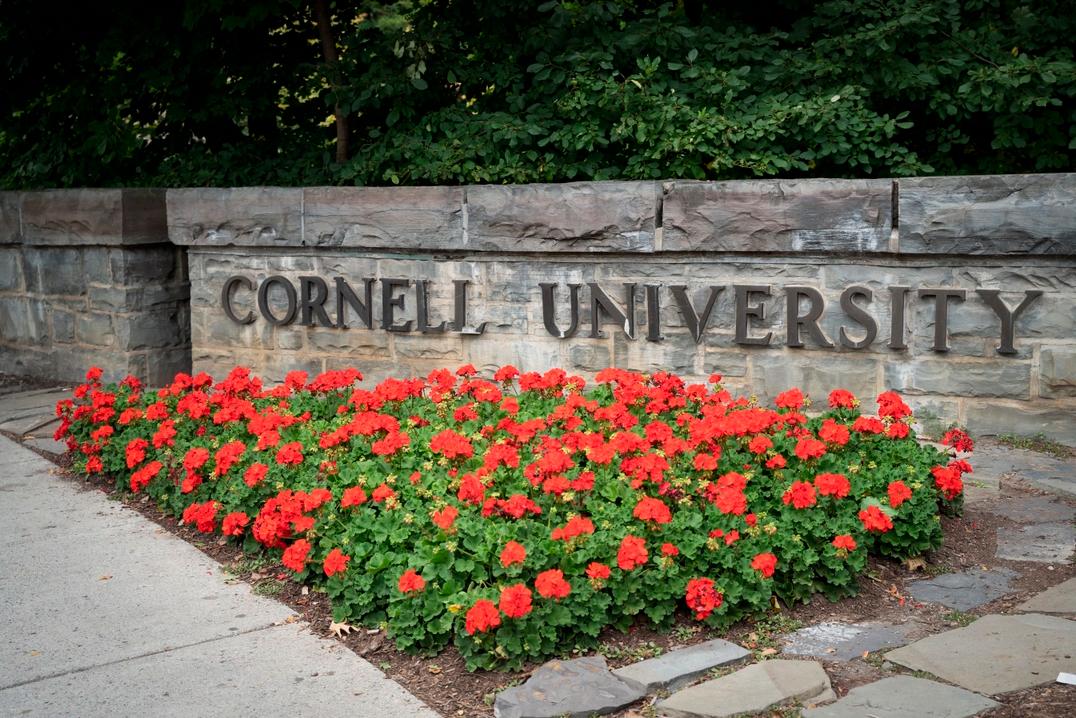OREGON—With the fifth-highest gas prices in the nation and the least popular governor in the country, Oregonians are generally dissatisfied as they head to the polls.
According to a February poll conducted by DHM Research, only 18 percent of Oregonians think the state is headed in the right direction.





